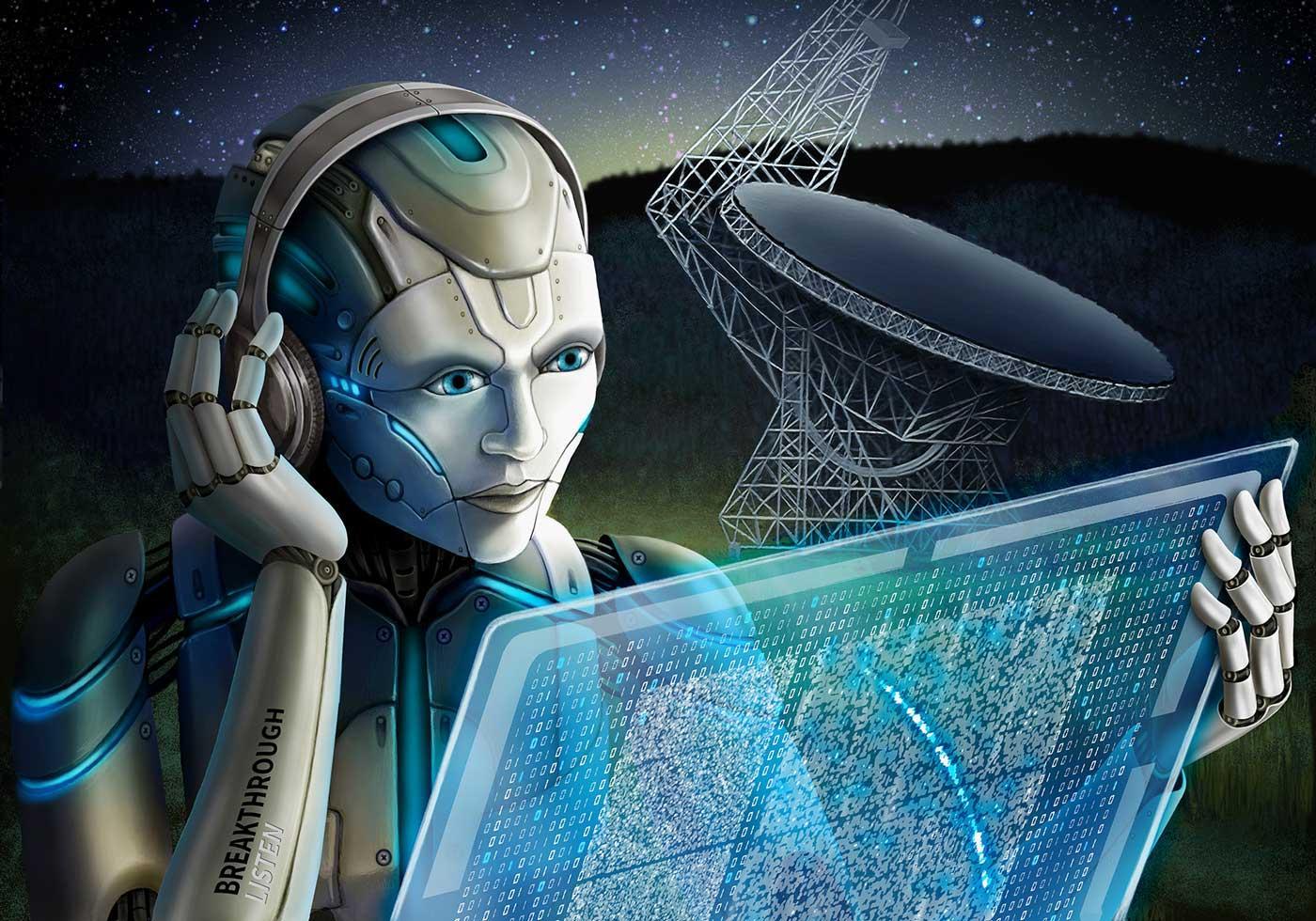
Aliens and Technology: The Profound Impact of Science Fiction
In the realm of science fiction, the possibilities are as boundless as the cosmos itself. It’s a genre that has sparked our imaginations, allowing us to explore distant galaxies, meet extraterrestrial beings, and ponder the wonders of advanced alien technology. From classic novels to blockbuster films, science fiction has not only entertained us but also profoundly influenced our ideas about aliens and technology. In this exploration, we will delve into the captivating ways in which science fiction has shaped our perceptions of extraterrestrial civilizations and their technological marvels.
Early Visions of Alien Technology
Science fiction’s fascination with aliens and technology dates back centuries. Early writers like H.G. Wells envisioned Martian tripods in “The War of the Worlds,” introducing readers to the concept of advanced weaponry from other worlds. These early depictions of alien technology ignited our curiosity about what lies beyond our planet and how it might surpass our own innovations.
Communication Across the Cosmos
One of the central themes in science fiction is the quest for communication with extraterrestrial civilizations. Works like Carl Sagan’s “Contact” and films like “Arrival” explore the complexities of deciphering alien languages and the potential for advanced communication methods. These narratives have influenced our thoughts on how we might bridge the gap between Earth and distant, intelligent beings.
The Integration of Alien Technology
Science fiction often speculates about the integration of alien technology into human society. The “Star Trek” series, for example, presents a future where humans work alongside various alien species and utilize their advanced technologies. This concept has sparked discussions about the benefits and challenges of merging our knowledge with that of extraterrestrial races.
Exploring Artificial Intelligence
Alien civilizations frequently boast advanced artificial intelligence (AI) in science fiction. Films like “Blade Runner” introduce us to replicants, highly advanced androids that blur the line between machine and human. These portrayals prompt us to ponder the ethical dilemmas and potential consequences of creating sentient AI.
Time Travel and Temporal Technology
Time travel is another staple of science fiction, often intertwined with alien technology. Works like “Doctor Who” and “The Time Machine” by H.G. Wells explore the idea of time machines and the manipulation of time itself. These stories challenge our understanding of the universe and the possibilities of time-bending technology.
Extraterrestrial Weapons and Warfare
Alien technology is frequently associated with powerful weaponry in science fiction. From the Death Star in “Star Wars” to the Tripods in “Independence Day,” these portrayals have shaped our perceptions of the potential dangers and awe-inspiring capabilities of advanced extraterrestrial armaments.
Environmental Sustainability and Alien Technology
In the face of environmental challenges, some science fiction works propose solutions through alien technology. For instance, the film “Avatar” explores a planet where the indigenous population utilizes a deep connection with their environment and advanced technology to maintain ecological harmony. This narrative encourages us to consider innovative approaches to environmental conservation.
The Fear of Alien Invasion
While many science fiction narratives depict benevolent alien encounters, others stoke our fears of hostile extraterrestrial forces. Classics like “War of the Worlds” and “Independence Day” tap into our primal fears of alien invasion, causing us to ponder our preparedness and the potential consequences of such an event.
Conclusion
Science fiction has played a pivotal role in shaping our perceptions of aliens and technology. From early visions of advanced weaponry to the ethical dilemmas of artificial intelligence, these imaginative tales have expanded our understanding of the universe and our place within it. As we continue to explore the cosmos and advance our own technology, the influence of science fiction remains an ever-present reminder of the limitless possibilities that await us in the universe.
In the end, science fiction challenges us to dream, to question, and to push the boundaries of our knowledge. It prompts us to consider the impact of our own technological advancements and how they may one day intersect with the mysterious realm of alien technology. As we look to the stars and imagine what lies beyond, we can thank science fiction for guiding our imaginations and inspiring us to reach for the stars.